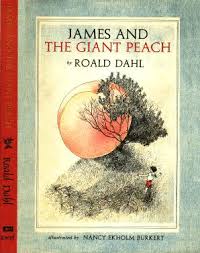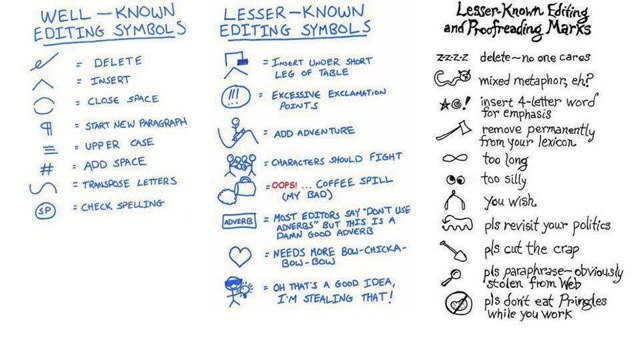The sound of fingernails on a chalkboard has never bothered me. However, when someone says, “I was laying around,” I cringe from my toenails to the tips of my hair. The worst part of it is this: Because the incorrect form is uttered so much more frequently than the correct form, it’s probably just a matter of time before the wrong verb pops out of my own mouth. The over-exposure effect.
But I have a plan of action to avert, or at least delay, the onset of incorrect verb reiteration. It’s my secret mantra. My concealed weapon against the decrepitude of the English language. It goes like this: Someone unwittingly uses the verb “lay” when it should be the verb “lie” (as in, “I’m going to lay down”), and I focus my special powers and conjure up my mantra: “lie down, lie down, lie down.” . . . That’s it. Kind of like the New Age pronouncement of “Cancel, cancel, cancel” when someone has a negative thought. Of course, I don’t generally say my “mantra” aloud. My goal is not to be obnoxious; I just want to reinforce the correct usage in my own head. I am, after all, a writing coach and book editor. It’s my job to keep this stuff straight.
So, I’m going to do my job and lay it all out for you. (“Wait,” you may be saying, “she said lay!” Yes, lay is a verb too. It’s just a different verb from lie.)
Here’s the rule:
- If the verb does not take a direct object, use lie
Examples:
I lie down.
Please lie on your right side.
This verb does not act upon a direct object (noun).
- If the verb does take a direct object, use lay
Examples:
I lay the book down.
Lay your body down.
In these examples, the book and your body are direct objects. The verb acts upon these nouns. In my own sentence above, “I’m going to lay it all out for you,” it is the direct object.
But it gets a little tricky when we move into the past tense. Now that I’ve drawn a line neatly between lie and lay, I’m going to confuse you by telling you that the past tense form of lie is lay. Oy!
Here’s a table you can refer to, to help you keep this all straight:
—————————————————————————————–
lie (present), lay (past), lain (past participle)
Examples:
Let’s lie down in the grass.
When he lay on the bed, it creaked under his weight.
He had lain in bed for an hour before falling asleep.
~ ~ ~ ~ ~ ~ ~ ~ ~
lay (present), laid (past), laid (past participle)
Examples:
“Lay the gun on the table where I can see it,” the cop said.
She laid the book on top of the dresser.
They have laid the issue to rest.
—————————————————————————————–
If you’re feeling a little confused, you’re not alone. (As I said, many people use the wrong form much of the time.) But if you want to use the right form, just remember that the first verb, lie, is the much more common verb—especially in spoken English. (People today usually put things down—or occasionally set things down—rather than lay them down.)
After I put the book back on the shelf, I will lie down on the floor.
In other words, for present tense you’re mostly going to say lie, and for past tense you’re mostly going to say lay.
You might be asking yourself: “Why does any of this matter? People know what I’m trying to say whether I say ‘lie down’ or ‘lay down.’” . . . It’s true, people will know what you’re trying to say . . . but there will be those among us who hear fingernails on a chalkboard.


